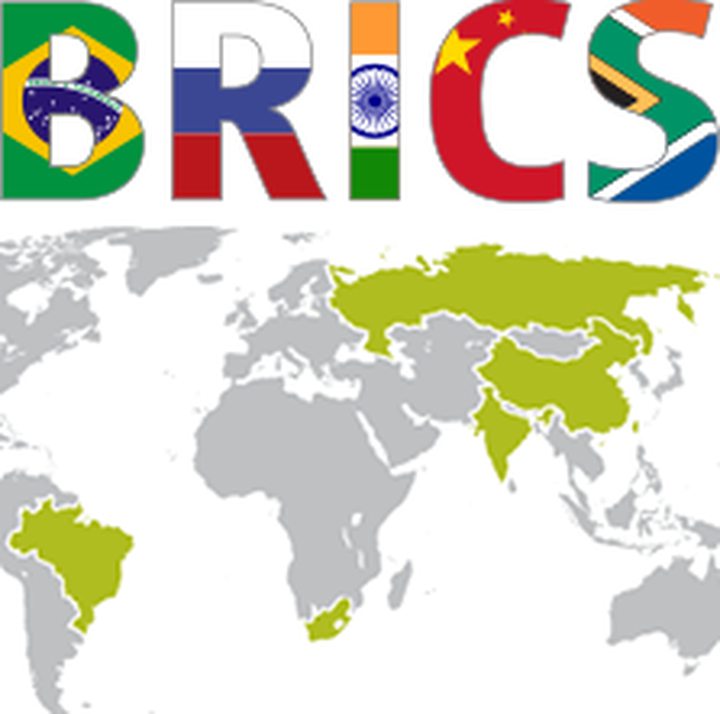Brics Launches Development Bank Ahead of Russian Summit

The long-planned development bank, aimed at financing projects mainly in member countries Brazil, Russia, India, China and South Africa, will select its first projects to finance by the end of the year, Russian Finance Minister Anton Siluanov said on Tuesday. The countries’ national banks also signed a deal Tuesday to create a $100 billion reserve fund by the end of July that can be tapped in financial emergencies.
The announcements came ahead of the summit in Ufa, where Russian President Vladimir Putin will meet with the other countries’ leaders on Wednesday.
Russia, which holds the rotating presidency of the group this year, has touted its growing links with emerging economies, particularly China, as ties with the West have been chilled by Moscow’s annexation of Crimea and support for separatists in eastern Ukraine.
But China is moving cautiously. Hoped-for financing for signature Russian energy projects including a pipeline to China and a liquefied-natural gas plant in the Arctic hasn’t been sealed.
“The Brics bank is a show-case project to some extent. It won’t be able to replace Western money quickly as one cannot replace market mechanisms with administrative projects,” said Evgeny Nadorshin, chief economist at Moscow-based consulting firm PF Capital.
Mr. Siluanov said Tuesday that the Brics development bank could consider providing funds to OAO Rosneft, the state oil giant that has been slapped with sanctions that prevent it raising money on Western markets.
The Bank of Russia said it signed an “operational agreement” with Brics counterparts to create a $100 billion pool of mutual reserves. The group agreed to create the fund in 2013 as an alternative to the International Monetary Fund, after seeing investors pull money away from emerging economies, causing their currencies to weaken.
The currency pool would be drawn on by the central banks of Brics states whenever they suffered a shortage of dollar liquidity, helping them maintain financial stability, Russia’s central bank said.
Financial stability has been Moscow’s sore point over the past year as the Russian economy has slipped into recession, while the country has lost access to Western capital markets due to sanctions, and has had to drain billions of dollars from its reserves.
China will contribute $41 billion to the currency pool. Brazil, India and Russia will each provide $18 billion, while the remaining $5 billion will come from South Africa.
The mutual currency pool is unlikely to be tapped in the foreseeable future, the Bank of Russia Chairwoman Elvira Nabiullina said Tuesday.
Speaking to reporters, Russia’s Economy Minister Alexei Ulyukayev said Tuesday that he hopes that Brics leaders will consider “improvement of mutual trade, creation of preferential trade institutions, encouragement of investments, further development of our joint financial infrastructures and development of Brics currency reserve fund.”
“They must start practical work and for that reason must gain approval from the leaders,” Mr. Ulyukayev said.
But analysts said the development bank and reserve fund will take some time to start working.
“Russia and other Brics countries are acting consistently in building an alternative to the traditional economic unions. But due to geographical reasons, this process in not fast, and the countries are far from the point when all the instruments [such as a Brics bank and a fund] will become fully operative,” said Alexander Kudrin, head of research at Sberbank CIB in Moscow.





